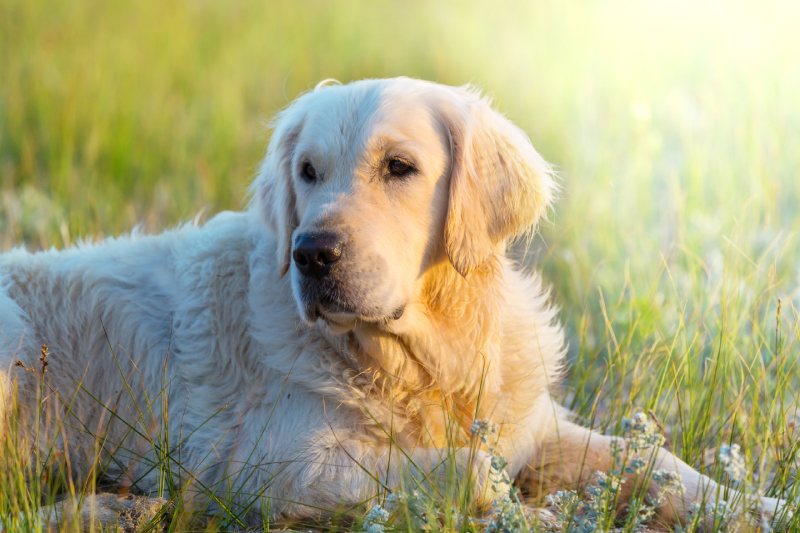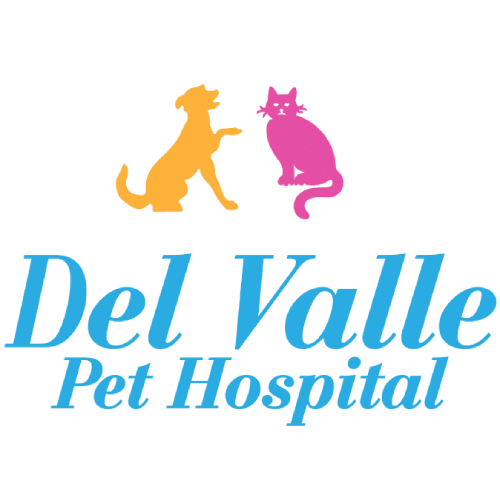As our furry companions age, their needs evolve, and providing optimal care becomes increasingly important. Recognizing the subtle signs of aging and implementing appropriate measures can significantly enhance their quality of life.
Signs of Aging in Your Pet
Aging in pets, like humans, is a gradual process marked by subtle changes in behavior, appearance, and physical abilities. Early detection is crucial for addressing potential health issues promptly.
Behavioral Changes:
- Increased lethargy or sleeping: While it’s natural for older pets to sleep more, excessive lethargy or a noticeable decline in energy levels could indicate underlying health problems.
- Personality shifts: Changes in temperament, such as increased irritability or anxiety, might signal discomfort or cognitive decline.
- Reduced interest in activities: A decline in playfulness or social interaction can be a sign of aging, but it’s important to differentiate this from underlying health issues.
- House soiling or incontinence: These issues often arise from age-related conditions like arthritis, urinary tract infections, or cognitive dysfunction.
Physical Changes:
- Coat alterations: Graying, thinning, or dull fur can be normal aging signs, but sudden changes warrant veterinary attention.
- Weight fluctuations: Unexpected weight loss or gain can indicate various health problems, including dental issues, thyroid disorders, or kidney disease.
- Dental problems: Bad breath, difficulty chewing, or loose teeth are common dental issues in older pets.
- Reduced mobility: Stiffness, arthritis, or decreased muscle mass can impact mobility.
- Digestive changes: Changes in appetite, digestion, or bowel habits might signify underlying health concerns.
Sensory Changes:
- Hearing loss: Reduced responsiveness to sounds or increased reliance on visual cues can indicate hearing impairment.
- Vision problems: Cloudy eyes, difficulty navigating familiar surroundings, or increased sensitivity to light might signal vision issues.
- Diminished sense of smell: Reduced interest in food or decreased responsiveness to odors can be due to a decline in olfactory sense.
Regular veterinary check-ups are essential for monitoring your pet’s aging process. Early detection and intervention can significantly improve their quality of life.
Creating a Comfortable Environment for Your Senior Pet
As pets age, their physical needs change. Creating a comfortable and safe home environment is crucial to their well-being.
Joint Comfort:
- Provide orthopedic bedding or joint support supplements as recommended by your veterinarian to alleviate discomfort.
- Avoid stairs or slippery surfaces, as they can increase the risk of falls and injuries.
- Consider ramps for accessing elevated areas to reduce strain on joints.
Sensory Accommodations:
- Adjust lighting to accommodate vision changes, providing brighter light for pets with vision loss.
- Use clear bowls and contrasting colors for food and water to enhance visibility.
- Provide auditory cues for pets with hearing loss, such as speaking clearly or using gentle touch.
Elimination Support:
- Place litter boxes or potty pads in accessible locations to reduce accidents.
- Consider using incontinence products for pets with urinary or fecal incontinence.
- Clean up accidents promptly to prevent infections and maintain hygiene.
By creating a comfortable and safe environment, you can help your senior pet maintain independence and reduce stress.
Maintaining a Healthy Lifestyle for Your Senior Pet
While aging brings changes, maintaining a healthy lifestyle is crucial for senior pets. Regular exercise, mental stimulation, and proper nutrition contribute to overall well-being.
Gentle Exercise:
- Engage in short, low-impact activities like leisurely walks or swimming to maintain muscle tone and flexibility.
- Consider water therapy or underwater treadmills for joint-friendly exercise.
- Avoid strenuous activities that can exacerbate age-related conditions.
Mental Stimulation:
- Provide interactive toys and puzzles to challenge your pet’s mind and prevent cognitive decline.
- Engage in training sessions or learn new tricks together to stimulate mental activity.
- Spend quality time playing and interacting with your pet to strengthen your bond.
Nutrition:
- Consult your veterinarian about a senior-specific diet tailored to your pet’s changing nutritional needs.
- Ensure freshwater is readily available, especially for pets with kidney issues.
- Monitor your pet’s weight and adjust food portions as needed to prevent obesity.
Regular veterinary check-ups and a proactive approach to senior pet care are essential for maintaining your companion’s quality of life. By implementing these tips and providing love and attention, you can help your aging pet enjoy a happy and fulfilling senior life.
Remember, every pet ages differently. It’s essential to observe your pet closely and consult with your veterinarian for personalized guidance. With proper care and attention, you can create a happy and fulfilling senior life for your beloved companion.
Caring for Your Senior Pet in Livermore
As your pet enters their golden years, providing exceptional care becomes paramount. By recognizing the signs of aging, creating a comfortable environment, and maintaining a healthy lifestyle, you can significantly enhance your senior pet’s quality of life. Remember, every pet is unique, and regular veterinary check-ups are essential for addressing specific needs.
Del Valle Pet Hospital in Livermore is dedicated to providing compassionate and comprehensive care for senior pets. Our experienced veterinarians offer a range of services tailored to the unique needs of aging animals, including geriatric exams, pain management, dental care, and nutritional counseling. We understand the special bond between you and your pet, and we are committed to supporting you through this important life stage.
Schedule a senior wellness exam for your beloved companion at Del Valle Pet Hospital. Let us help you provide the best possible care for your aging pet.



